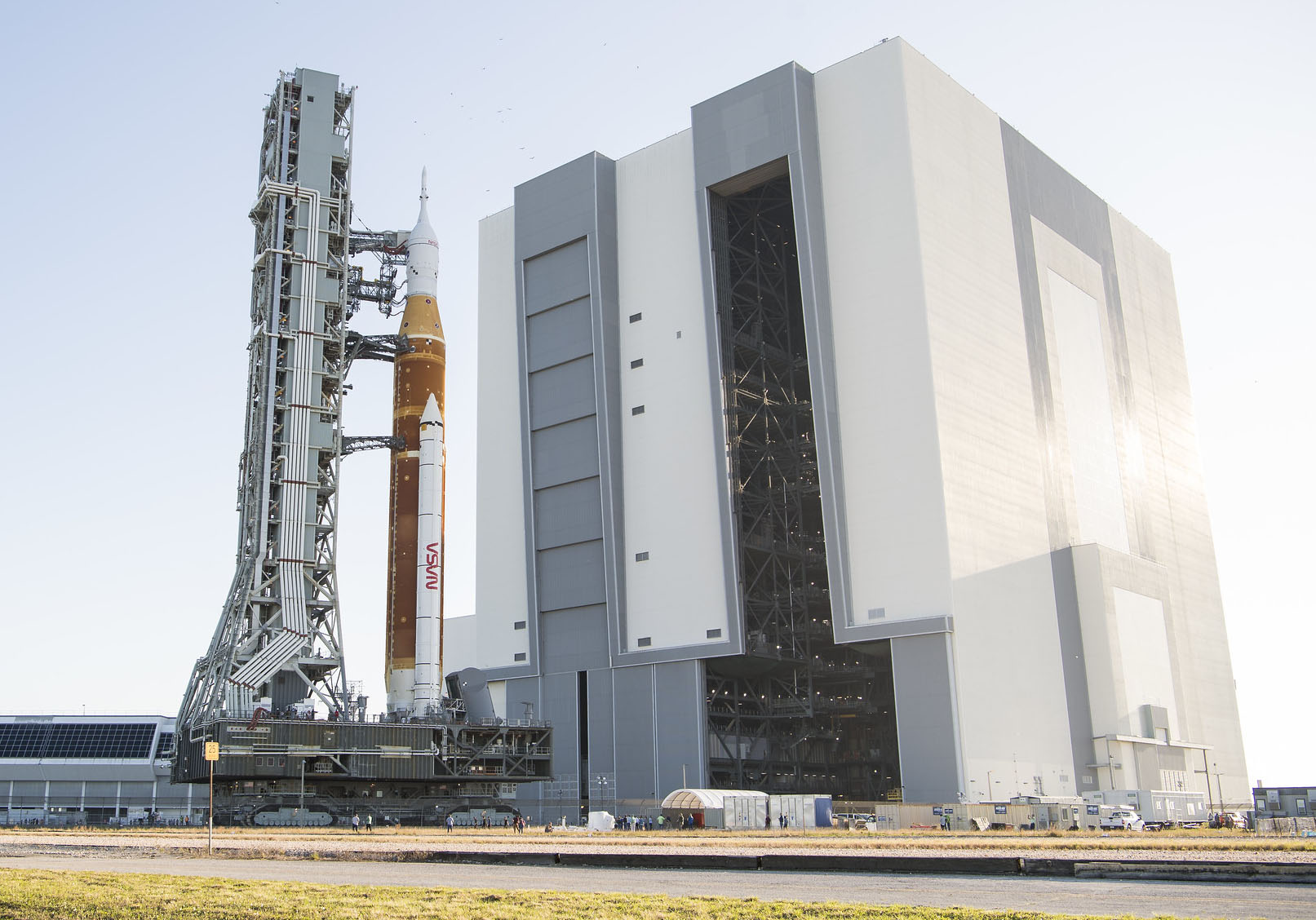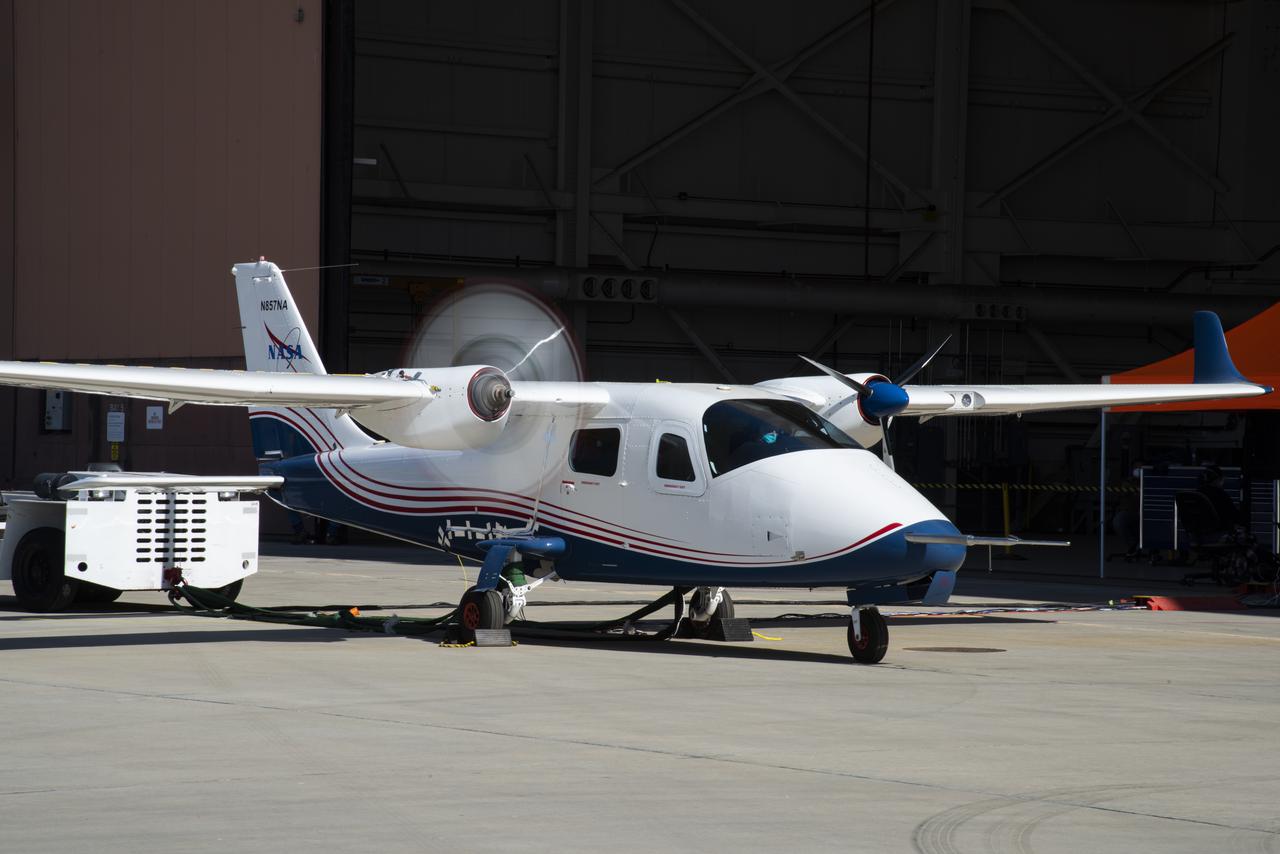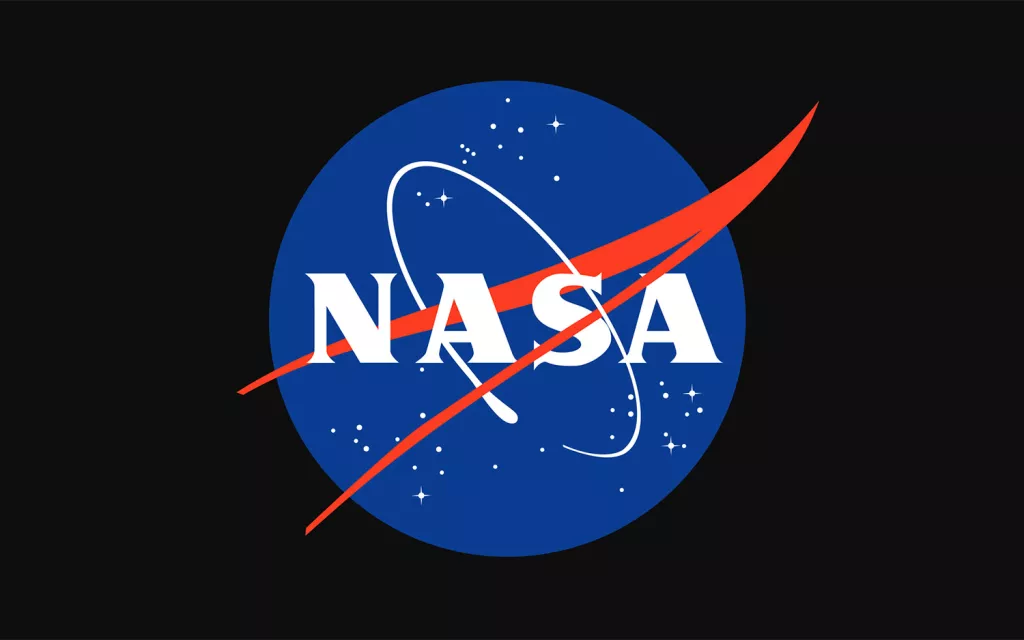Biden budget boosts NASA funding by $2.7 billion
By Paul Brinkmann|March 28, 2022
Lunar missions get a billion-dollar boost and funding for advanced air mobility shifts to new category
This story has been updated.
The Biden administration’s budget request today seeks $26 billion in NASA funding, a $2.7 billion or 11.6% increase from the fiscal 2021 enacted level, with boosts for lunar missions and aeronautics.
Requested funding includes $7.5 billion, $1.1 billion above the fiscal 2021 enacted level, for deep space exploration. Most of that increase is aimed at developing spacecraft and hardware to land astronauts on the moon in 2025 and in future years.
The deep space funding includes $2.6 billion for lunar Artemis Campaign Development, including the planned Gateway lunar outpost, the lunar Human Landing System to transfer astronauts to the moon’s surface, spacesuits and lunar surface systems.
So far, NASA has contracted with SpaceX for $2.9 billion that would transfer astronauts from lunar orbit to the surface as a commercial transportation service. However, budget documents released Monday did not specifically address how much additional lunar funding could be directed at development of a second lunar lander, which NASA said last week it intends to fund.
The request also will enable NASA to provide the world with data on climate change, NASA Administrator Bill Nelson wrote in his budget message.
“From bedrock to atmosphere, the Earth is a system. As that system changes, NASA will help us all measure and understand the nature of that change, and how we might mitigate an existential threat to our way of life,” Nelson wrote.
The request would provide $500 million to reduce the climate impacts of the aviation industry as part of a $972 million request for NASA’s aeronautics programs — a 17% increase over fiscal 2021.
This portion of the request would allow the agency to develop “sustainable aviation, overland supersonic passenger travel, and other emerging aeronautics technologies,” Nelson said.
Such projects include the agency’s X-57 Maxwell electric plane and X-59 supersonic demonstrator, he said.
The additional money for climate initiatives is needed and welcomed, said Lori Garver, a former NASA deputy administrator and current CEO of the nonprofit Earthrise Alliance, which advocates for public policy to combat climate change based on observations made from satellite images and data.
“NASA was created to help address national objectives over sixty years ago and this increased budget request to study and reduce climate impacts reflects the Agency’s importance to helping solve one of the greatest challenges the world faces today,” Garver told me in an email.
The aeronautics funding also includes $253.2 million for the agency’s Advanced Air Vehicles Program, an increase of about 20%. That program “explores far-future concepts that hold promise for revolutionary air-travel improvements,” according to NASA’s program description.
This increase will help NASA produce advances in turbine jet engines and high-rate composite manufacturing for aircraft, Bob Pearce, associate administrator for NASA’s aeronautics programs, said in a press conference.
The fiscal 2023 budget request would continue funding research into advanced air mobility, but the agency has moved that air taxi research into a new budget category, Airspace Operations and Safety, he said.
“We’re moving that in recognition of the fact that we need attention at a national level on how we manage these in the airspace, what’s the integrated automation architecture for that, and so forth, and weather reports,” Pearce said.
Pearce said NASA will continue to conduct more research with Joby Aviation of California and additional companies in the emerging industry.
Related Topics
Economics






